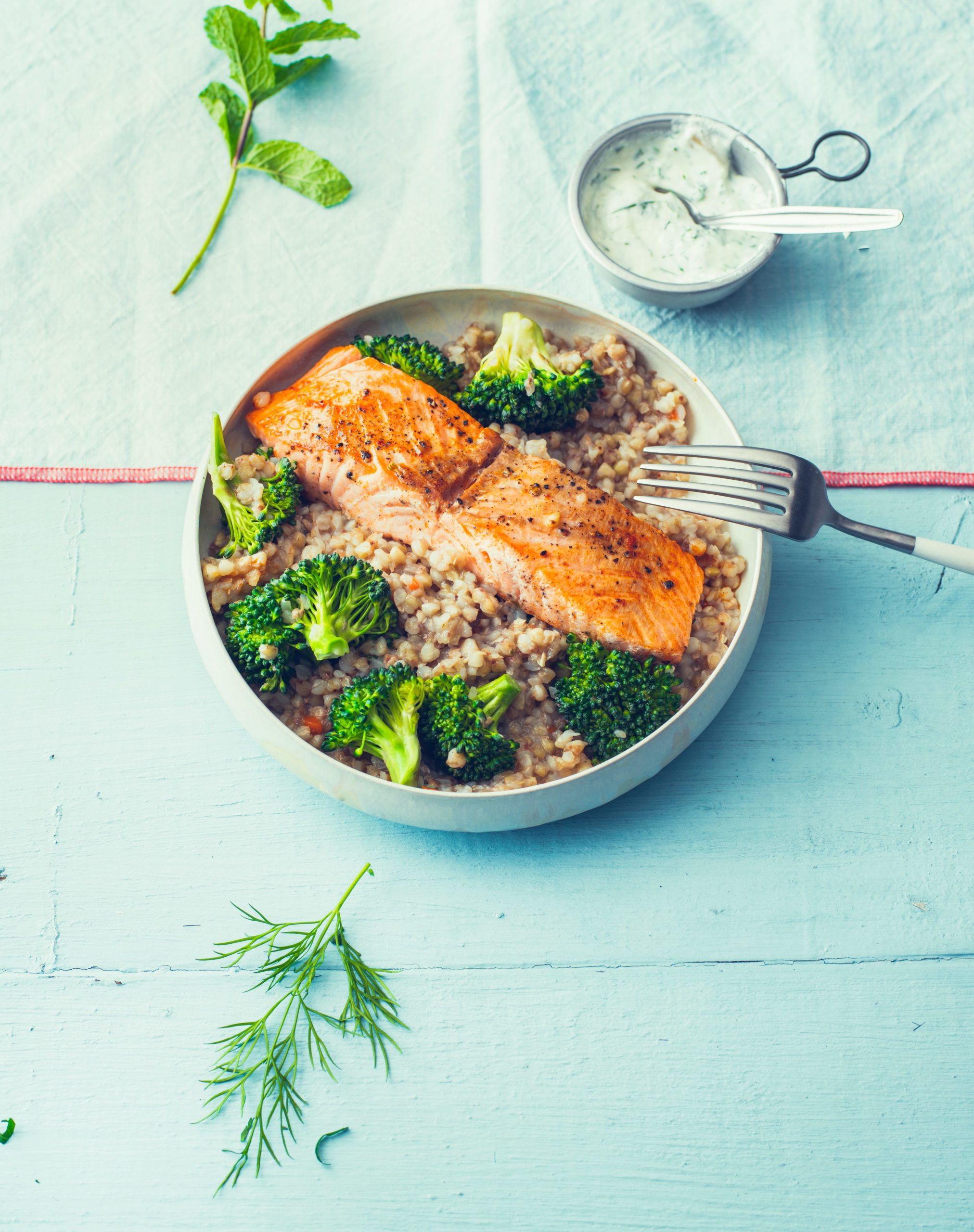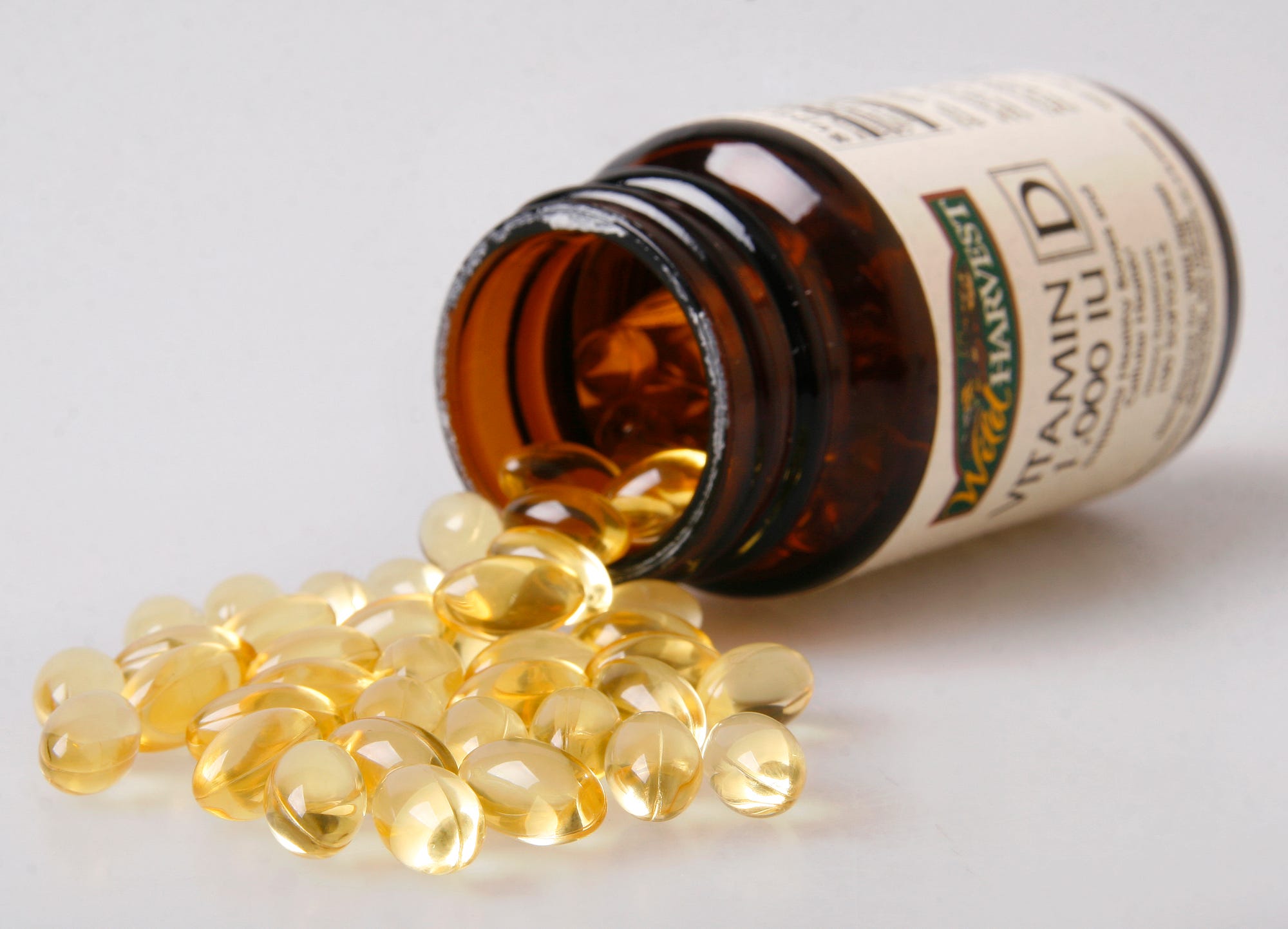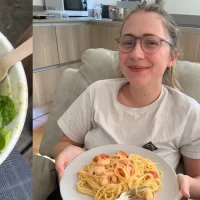Vitamin D is an important nutrient that helps our body absorb calcium.
But as people age, it becomes more difficult for them to utilize vitamin D from food and the sun.
The scientist Anthony Fauci and biohacker Bryan Johnson therefore take vitamin D supplements.
There is still no treatment that doctors and scientists agree can turn back our biological clocks. Some “biohackers” are trying expensive young plasma injections that cost thousands of euros. However, other researchers say the benefits of consistent, regular exercise and a healthy diet are unmatched.
But whether “biohackers” or scientists: both sides can agree on the positive effects of vitamin D.
Immune expert Anthony Faucider, immunologist Anthony Fauci, anti-aging researcher Joao Pedro de Magalhaes and billionaire Christian Angermayer told Business Insider that they take vitamin D supplements – in different doses and at different times of the year.
Angermayer called it “one of the really proven” things you can do for anti-aging, in part because of the positive effects that vitamin D has on the immune system and on cancer risk.
Vitamin D helps with calcium absorption, which reduces inflammation
Vitamin D helps our gut absorb calcium from food to keep our bones healthy. When we don’t get enough calcium from food, our body relies on the calcium stored in our bones to meet its needs.
Studies have consistently shown that older adults who take vitamin D supplements significantly reduce their risk of bone fractures.
Read too
Vitamin D also helps prevent muscle cramps, reduces inflammation, and improves immune function.
How much vitamin D should you take? It depends

Technically, children and adults up to age 69 in the United States have the same recommended daily allowance of vitamin D (600 international units (IUs)).
John Bilezikian, an endocrinologist at Columbia University Medical Center, says 15 to 20 minutes of sun exposure during the summer months should be enough for most people.
Fatty fish such as salmon or tuna and (to a lesser extent) beef can also help replenish vitamin D stores. If you have plenty of it in your diet, you may not need a supplement at all.
However, there are some groups of people who might consider year-round vitamin D supplementation, including:
- Older adults (who cannot absorb vitamin D as well as others)
- People who don’t go out in the sun regularly or don’t eat enough foods rich in vitamin D
- People with dark skin (which can make it difficult to absorb vitamin D)
From the age of 70, experts recommend increasing your vitamin D intake to 800 IU daily. Three ounces of sockeye salmon (570 IU) and one cup of milk (about 100-150 IU) would get most of it.
Don’t overdo it with vitamin D intake – too much of it can lead to dangerous calcium deposits in the kidneys, heart, blood and lungs. The safe upper limit is 4,000 IU per day, according to the National Institutes of Health.
How much vitamin D do the experts take?

Derek Davis/Portland Press Herald via Getty Images
Biohacker Bryan Johnson (the tech entrepreneur who injected his own son’s blood) takes 2,000 IU of D3 every morning, he says his website explained. Angermayer takes about 4000 IU every three days. Fauci didn’t specify how much vitamin D he takes, but he said his levels, which were “low” before he started taking supplements, are now “normal.”
De Magalhaes doesn’t worry too much about his vitamin D intake in the summer, but in the winter he adds vitamin D supplements to his simple, “moderately healthy” anti-aging program – alongside regular exercise, not smoking and very little alcohol or junk food.
“I don’t do gene therapies in my garage or anything like that,” de Magalhaes told Business Insider. “You have to find the balance between joy of life and a healthy lifestyle that allows you to statistically live longer


